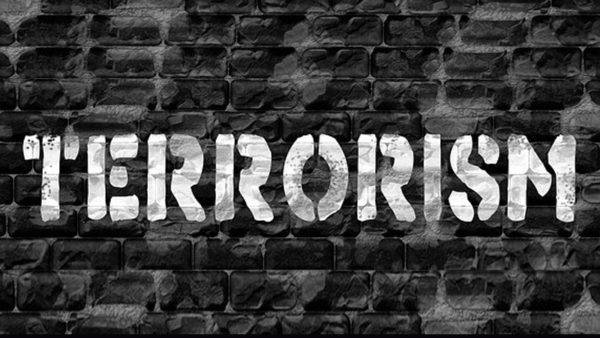At the Multi-stakeholder National Dialogue on Preventing Terrorism Financing and Violent Extremism, the Civil Society Legislative Advocacy Centre (CISLAC) has pointed out the alarming role of illegal money exchangers in facilitating terrorism funding.
Mr. Auwal Musa (RAFSANJANI), the Executive Director of CISLAC and Head of Transparency International in Nigeria, stated the global threat posed by terrorism, with Nigeria being particularly vulnerable.
Musa explained the exploitation of the financial sector by terrorist groups, citing Bureau de Change operators, Point of Sale (POS) devices, wire transfers, and other financial platforms as avenues for terrorism financing. He underscored that illegal money exchangers, including Bureau De Change, have featured prominently in terrorism financing investigations, with about 19 companies linked to such illicit activities between 2019 and 2022.
The lack of regulation surrounding illegal money exchangers has allowed them to evade preventive measures, providing a conduit for moving illegally obtained funds for terrorism financing. Musa emphasized the need for concerted efforts by stakeholders to curb this menace, identifying poor governance and corruption as additional drivers of terrorism and violent extremism.
Echoing these concerns, Mr. Edwin Harris, Director-General of GIABA (Inter-Governmental Action Group Against Money Laundering in West Africa), highlighted the organization’s regional efforts to combat terrorism financing. He stressed the importance of knowledge and capacity-building in closing the gaps that allow terrorism financing to thrive.
Mr. Ola Olukoyede, the Executive Chairman of the Economic and Financial Crimes Commission (EFCC), outlined the Commission’s focus on tracing funds to disrupt the supply line of illicit funds to criminal groups. He emphasized the role of recent legislative enactments in strengthening anti-money laundering and terrorism financing frameworks.
Dr. Musa Aliyu, Chairman of the Independent Corrupt Practices and Other Related Offences Commission (ICPC), emphasized the need to tackle poverty, illiteracy, and corruption as root causes of terrorism in Nigeria. Similarly, Mr. Akintunde Rotimi, Chairman of the House Committee on Media and Public Affairs, highlighted the government’s multi-pronged strategy to disrupt and dismantle terrorist financing networks.



